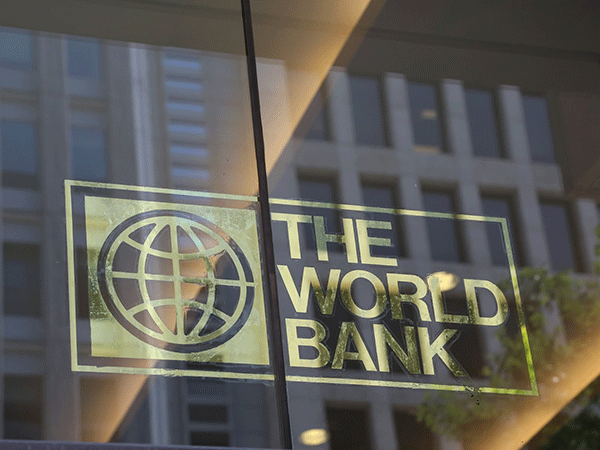Economies in the Europe and Central Asia region stepped up the pace of reforms to improve the ease of doing business for domestic small and medium-sized enterprises, says the World Bank Group’s report Doing Business 2019: Training for Reform, released today.
A total of 54 business reforms were carried out in the region during the past year, compared with 43 reforms the year before. Nearly all of the region’s 23 economies carried out reforms that help create jobs and stimulate private enterprise.
The region hosts two of this year’s top 10 ranked economies, measured by the Doing Business report, with Georgia moving up to 6th place, and FYR Macedonia edging up one spot to 10th place.
“Once again, the economies of Europe and Central Asia have demonstrated a very strong commitment to the reform agenda, which is aimed at fostering the development of the private sector and boosting organic economic growth and prosperity,” said Santiago Croci Downes, Program Manager of the Doing Business Unit.
This year, Armenia ranks in 41st place in the ease of doing business, compared to 47th in last year’s report. The main reasons behind this progress are improvements in Armenia’s business regulatory environment captured in various reforms.
“On the distance to frontier metric – which assesses a country’s absolute level of regulatory performance on a scale from 0 to 100, where 0 represents the lowest performance and 100 represents the frontier – Armenia’s score went from 73.31 in Doing Business 2018 to 75.37 in Doing Business 2019,” says Sylvie Bossoutrot, World Bank Country Manager for Armenia. “This means that over the course of last year Armenia has improved its business regulations as captured by the Doing Business indicators in absolute terms. The country is indeed continuing to narrow the gap with the global regulatory frontier which is a positive and promising development.”
In 2017/18, Armenia implemented 5 reforms that improved the business regulatory framework – matching the historical record for Armenia since the beginning of the Doing Business project. More specifically, Doing Business finds that Armenia introduced substantive improvements in the following areas:
- Starting a business was made easier by allowing voluntary value added tax registration at the time of business incorporation;
- Getting electricity was made faster by imposing new deadlines for procedures to obtain a new electrical connection;
- Minority investor protections were strengthened by increasing disclosure of related-party transactions, clarifying ownership and control structures and requiring greater corporate transparency;
- Paying taxes was made easier by introducing administrative measures to ease compliance with corporate income tax, value added tax and labor tax rules;
- Enforcing contracts was made easier by introducing a simplified procedure for small claims and time standards for key court events.
Collectively, the economies of the Europe and Central Asia region focused their reform efforts in the past year on improvements in trading across borders and paying taxes, with nine and eight reforms, respectively.
The region’s economies perform best with regard to registering property and protecting minority investors. On average, it takes 20 days to complete all procedures required for transferring property, at a cost of 2.6 percent of the property value, compared to 4.2 percent in high-income OECD economies for the same amount of time.
However, the region continues to underperform with regard to getting electricity. On average, it costs 325 percent of income per capita for a business to obtain an electricity connection, compared with 64 percent in high-income OECD economies.
Since Doing Business first began in 2003, starting a business and paying taxes are the areas that have seen the most reforms in Europe and Central Asia. As a result, the average time to start a business in the region has been slashed to 14 days, from 44 days in 2003, and the cost has been significantly reduced from 21 percent of the income per capita in 2003 to 3.6 percent today. The time needed for a company to prepare, file and pay taxes has been halved to 227 hours, from 483 hours in 2005 (when Doing Business began tracking the collection of taxes).
This year, Doing Business collected data on training provided to both public officials and users of business and land registries. A case study in the report, which analyzes this data, finds that mandatory and annual training for relevant officials is associated with higher business and land registry efficiency. In Europe and Central Asia, 55 percent of business registries and 41 percent of land registries use pilot testing. By using pilot testing to convey regulatory changes, business and land registries can identify and address potential challenges before the full implementation of new processes.
A second study, on enforcing contracts and resolving insolvency, examines the education and training that judges receive worldwide. It features initiatives from the European Union and the International Organization for Judicial Training. Two other case studies focus on the benefits of accrediting electricians and training customs clearance officials.
The full report and its datasets are available at www.doingbusiness.org

























































